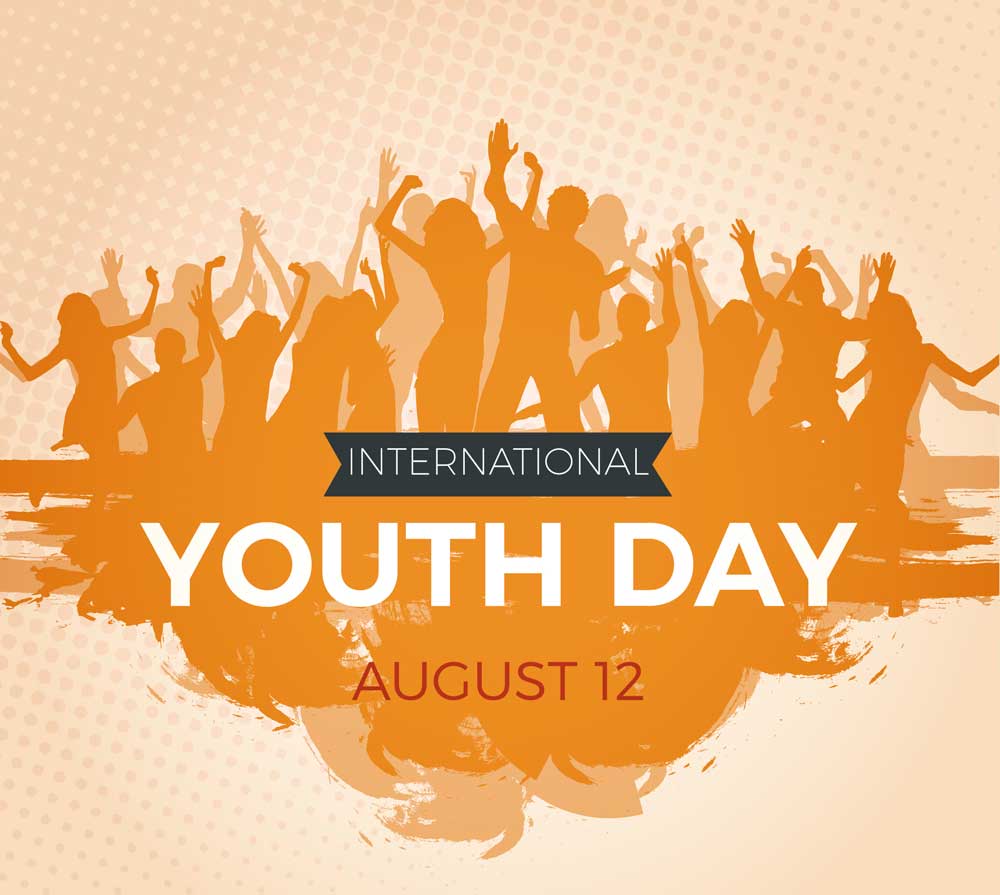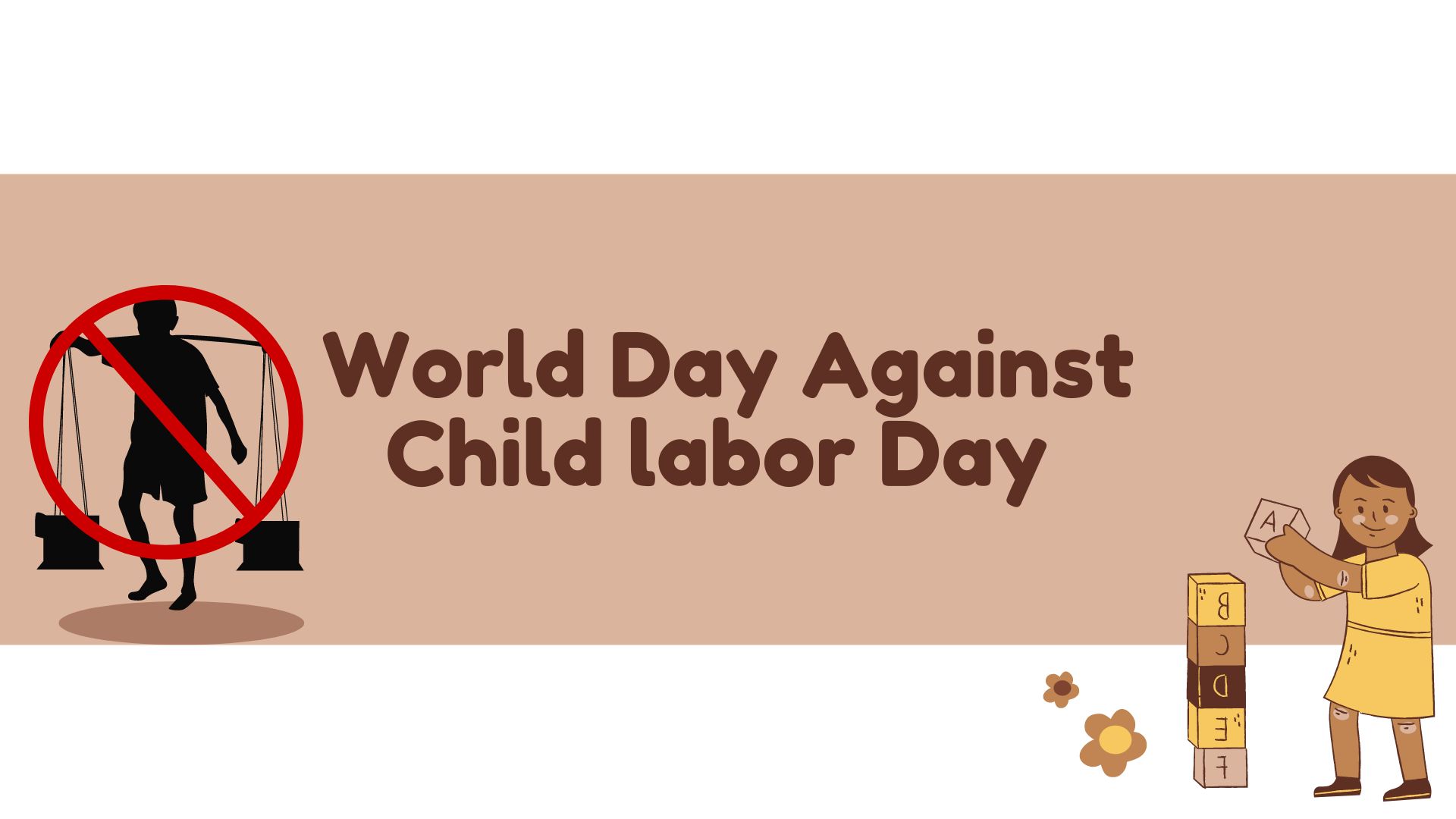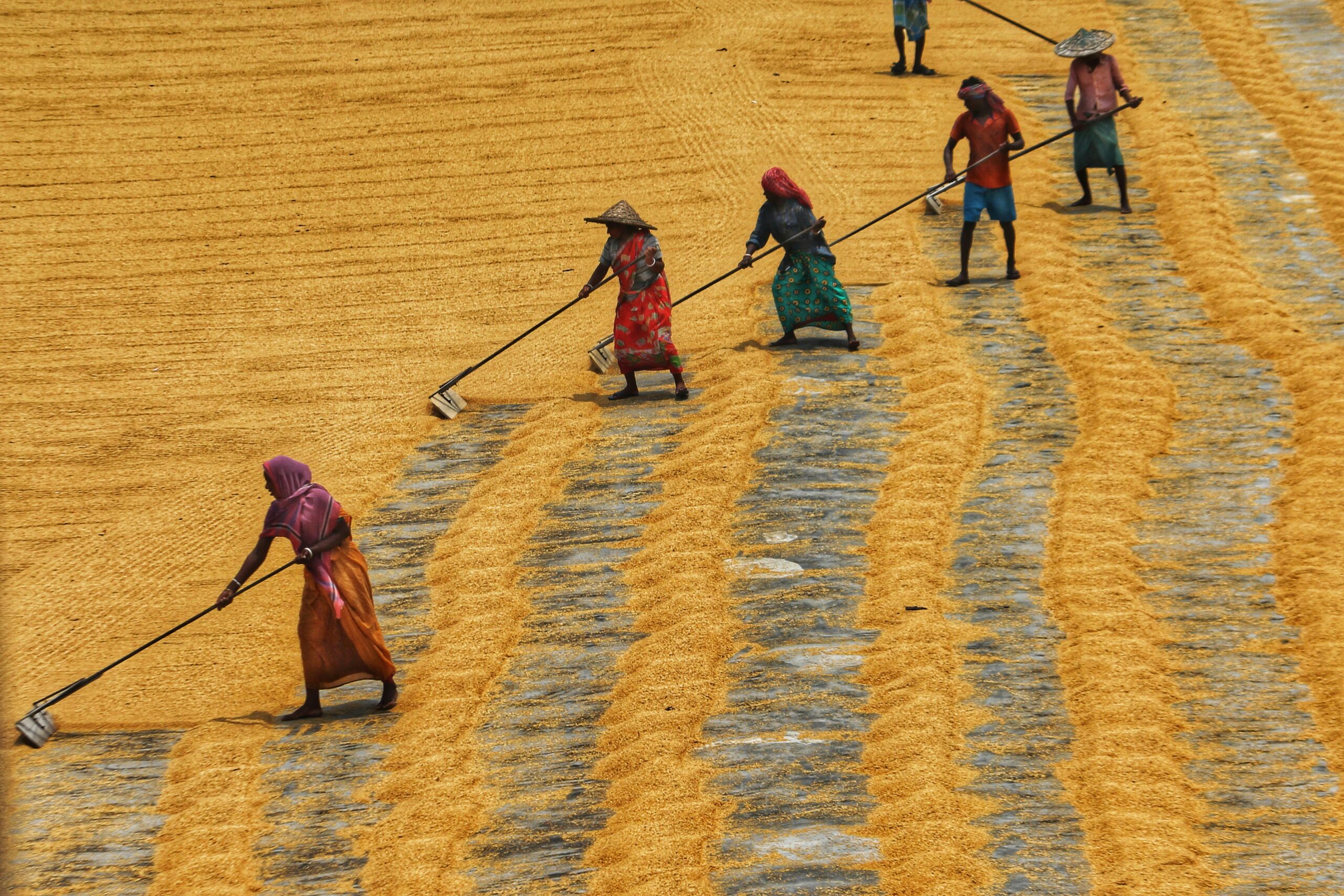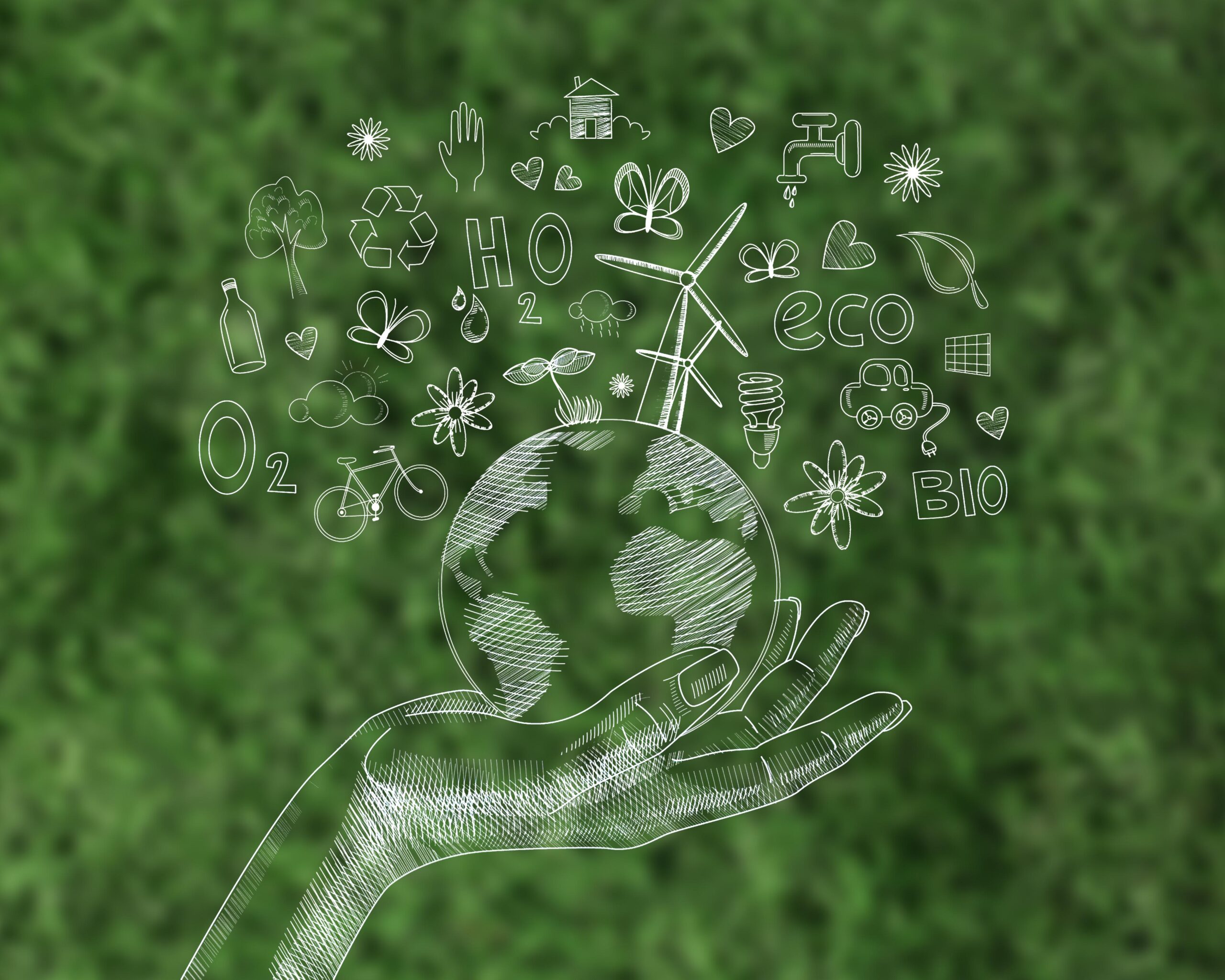History of International Youth Day
It is believed that the existence of international days precedes the establishment of the United Nations (UN), but the UN uses them as a powerful advocacy tool. The international days other than being days where we celebrate and reinforce achievements of humanity, are considered to be occasions to educate the public on issues of concern and to mobilize them and required resources to address these global issues.[1]
The celebration of each of these international days provides various actors the opportunity to organize activities related to the theme of the day. Member States of the United Nations acknowledged this in 1965 when they endorsed the Declaration on the Promotion among Youth of the Ideals of Peace, Mutual Respect and Understanding between Peoples
Two decades later, the United Nations General Assembly observed 1985 as the International Youth Year: Participation, Development and Peace. The celebrations of the Year drew international attention to the important role that young people play in the world, and, in particular, to their potential contribution to development. In 1995, on the tenth anniversary of the International Youth Year, the United Nations strengthened its commitment to young people. It adopted an international strategy: the World Programme of Action for Youth to the Year 2000 and beyond, which directed the international community’s attention and channeled its response to the challenges that would be faced by youth in the next millennium.[2] In 1999, in its resolution 54/120[3], the UN General Assembly sanctioned the recommendation made by the World Conference of Ministers Responsible for Youth[4] (Lisbon, 8-12 August 1998) for declaring 12 August as the International Youth Day[5].
The International Youth Day from then onwards is commemorated every year on 12 August. Each year a theme for the day is selected with recommendations from youth organizations and members of the UN Inter-Agency Network in Youth development. The idea of celebrating the day is to have youth around the world to organize activities to raise awareness about the issues/topic/ situations of youth in their respective country.
International Youth Day and the linkages to Sustainable Development Goals (SDGs)
There is no universally agreed international definition of the youth age group. For statistical purposes, however, the United Nations, without prejudice to any other definitions made by Member States, defines ‘youth’ as those persons between the ages of 15 and 24 years.[5] The youth today are increasingly demanding more just, equitable and progressive world, opportunities and solutions in their societies. They also have shown that there is a need to address the multifaceted challenges faced by young people (such as access to education, health, employment and gender equality) have become more pressing than ever.
Since its inception, the theme of each year’s youth day[6] has been related to issues around sustainable developments, such as health and unemployment (2001), youth action for sustainable development (2002), finding decent and productive work for young people (2003) to tackling poverty together (2006), youth and climate change (2008), mental health matters (2014), road to 2030: eradicating poverty and achieving sustainability (2016), safe spaces for youth (2018), transforming food systems: youth innovation for human and planetary health (2021) and intergenerational solidarity: creating world of all ages (2022). The objective of International Youth Day 2022 is to strengthen the message that action is needed across all generations to achieve the Sustainable Development Goals (SDGs) and no one should be left behind. The aim is to raise awareness on certain barriers to intergenerational solidarity, notably ageism, which impacts young and old persons, while having detrimental effects on society as a whole.[8]
Theme of Youth Day and SDG Agenda 2030
It is evident that the theme of Youth Day each year has been to contribute towards the 2030 agenda[9] to work towards ending poverty and hunger, providing education, livelihood, income and home, realizing human rights, and strengthening world peace. At the centre of the agenda is a set of universal objectives embodied in 17 Sustainable Development Goals [10] and 169 targets that are integrated to end poverty, protect the planet, and ensure equality and prosperity by balancing and coordinating the social, economic and environmental dimensions of sustainable development. One of the central principles of the 2030 Agenda is to assure that “no one will be left behind.”[11]
The SDGs are meant for all nations, all peoples of all ages and all societies. The universal nature of the 2030 Agenda also entails that youth should be considered across all Goals and targets. Thus, the 2030 Agenda clearly applies to all of the world’s 1.2 billion young people, who currently make up 16% of the global population. Half of the people on our planet are 30 or younger, and this is expected to reach 57% by the end of 2030.[12] The active engagement of youth in sustainable development efforts will be central to achieving sustainable, inclusive and stable societies by 2030. It will also help in preventing the worst threats and challenges to sustainable development, including the impacts of climate change, unemployment, poverty, gender inequality, conflict, and migration.
Conclusion
The size of the youth population matters greatly in the context of sustainable development. In order to continue to achieve targets within the 2030 timeline, the youth needs to play a positive role in terms of development when provided with the access to knowledge and inclusive opportunities they look and thrive for.
“NOTE: The views expressed here are those of the authors and do not necessarily represent or reflect the views of CRB.”
[1] https://www.un.org/en/observances
[2] https://www.un.org/en/global-issues/youth
[3] https://documents-dds-ny.un.org/doc/UNDOC/GEN/N00/246/20/PDF/N0024620.pdf?OpenElement
[4] https://press.un.org/en/1998/19980812.soc4472.html
[5] https://www.un.org/development/desa/youth/what-we-do/international-youth-day.html
[6] https://www.un.org/en/global-issues/youth
[7] https://www.un.org/development/desa/youth/what-we-do/international-youth-day.html
[8] https://www.un.org/en/observances/youth-day
[9] https://www.un.org/sustainabledevelopment/development-agenda/
[10] https://sdgs.un.org/goals













































































































